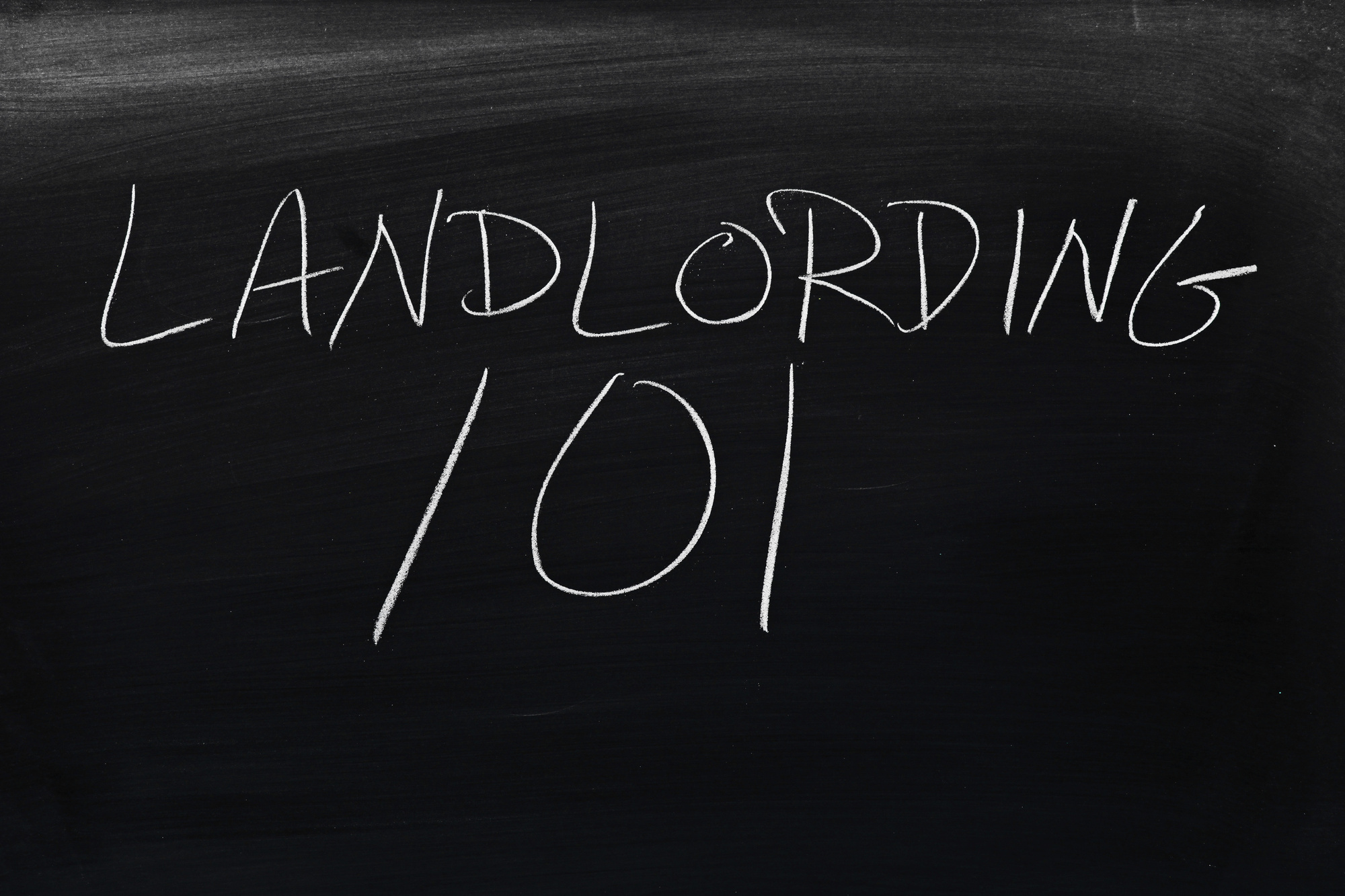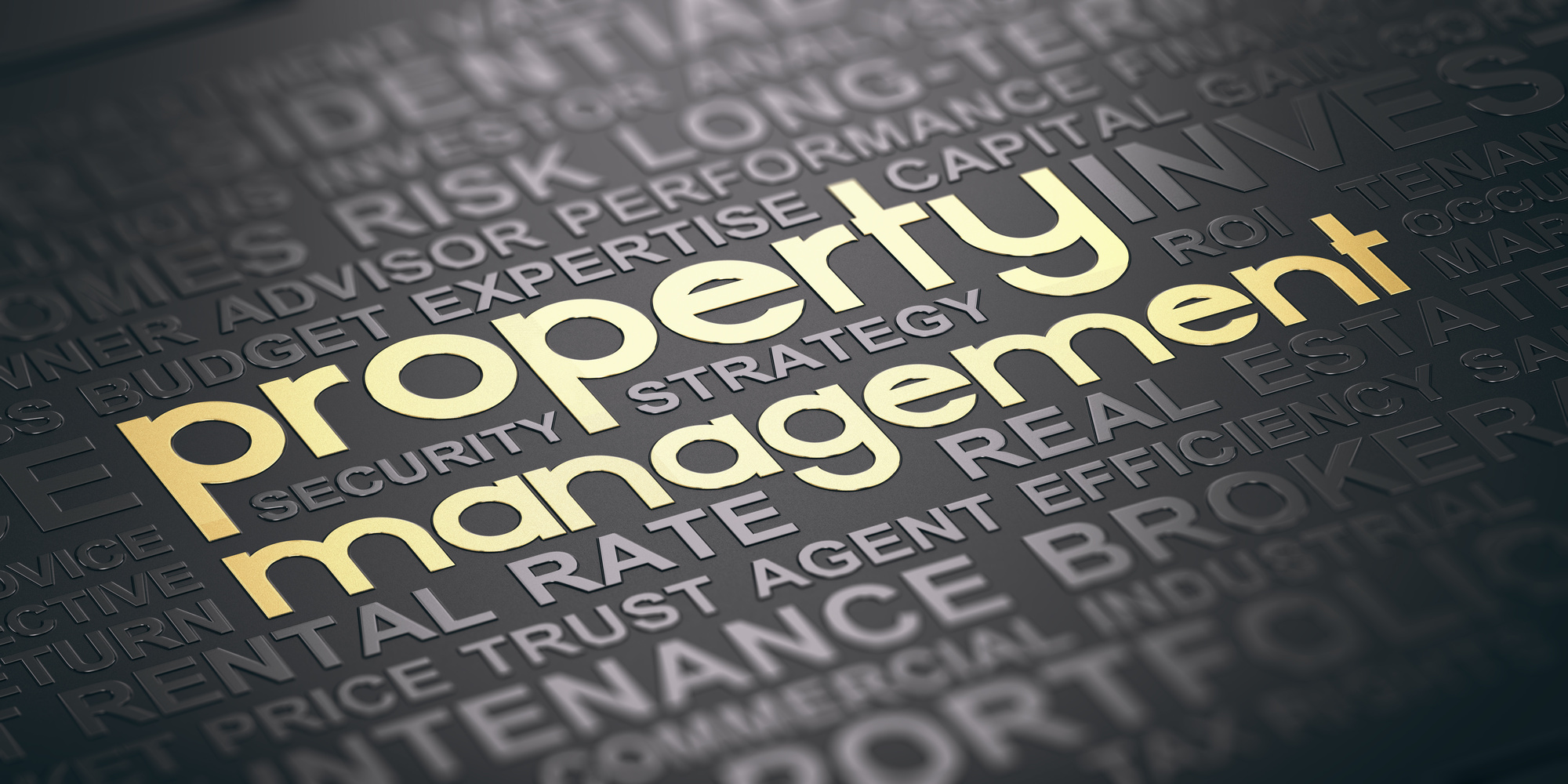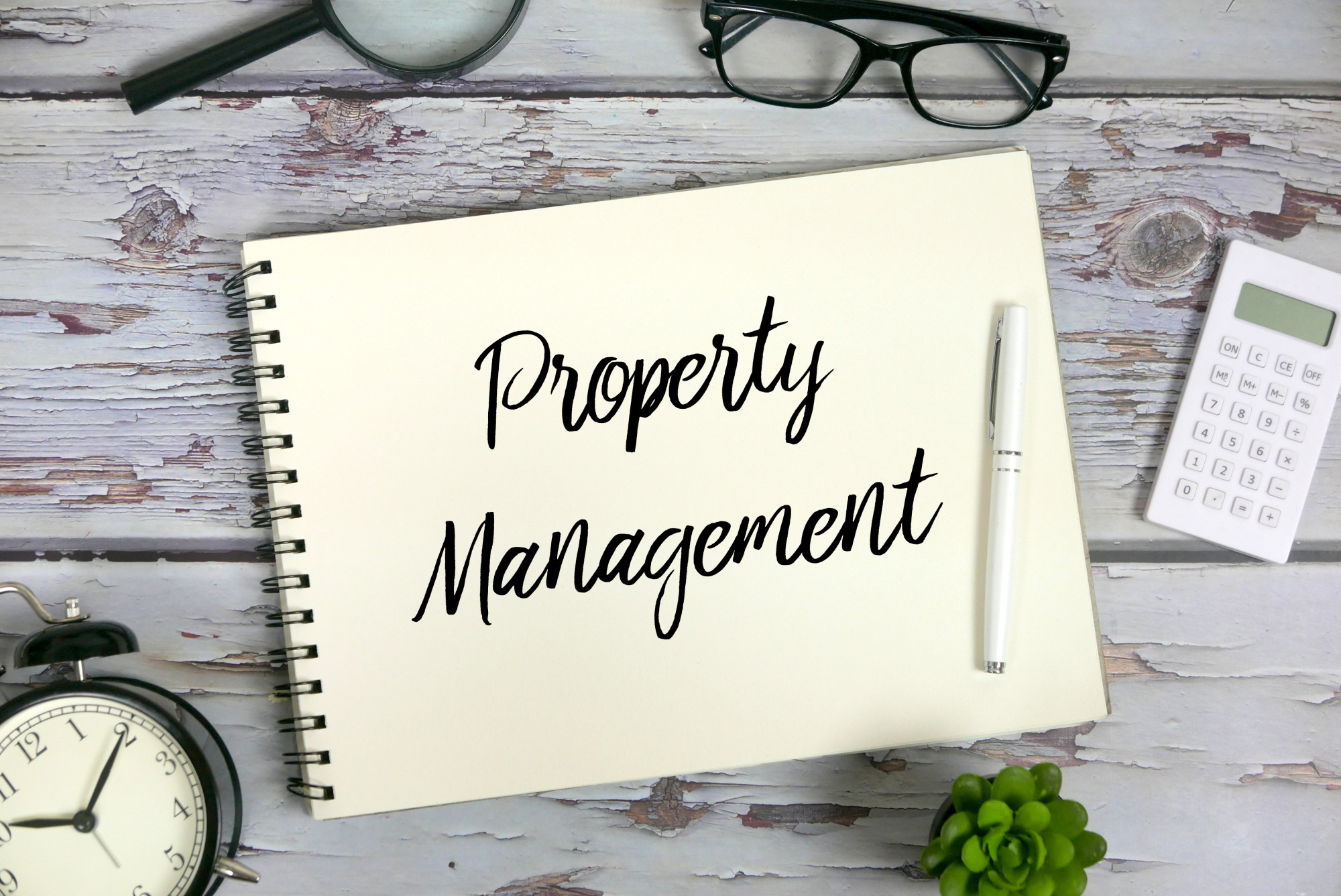Tenant screening is a crucial part of managing a rental property. But do you worry you’ll fall foul of the Fair Housing Act? These concerns could make landlords anxious about asking vital questions when finding a tenant. Figures released by the White House show that the eviction rate in 2022 was 14%. This shows why it’s… Continue reading 3 Critical Tenant Screening Questions You Need to Ask
Blog
How to Raise Rent Without Upsetting Your Tenants
The average American renter pays about $1,300 per month. As rent prices increase, as a landlord, you have to know when to increase your rent and how to do it the right way without losing tenants. In this guide, we’ll walk you through how to raise rent without causing too much tension. Read on to avoid landlord… Continue reading How to Raise Rent Without Upsetting Your Tenants
6 Property Maintenance Tips Every Landlord Should Know
Here comes the money! The median asking price for monthly rent payments in the third quarter of 2022 was more than $1,300. This sounds like a lot of cash, but not all of it will go into your pocket. You have to spend some time and money on property maintenance. Yet you can cut your… Continue reading 6 Property Maintenance Tips Every Landlord Should Know
Property Sales: How to Get the Best Offer on Your Home
As the housing market corrects itself, property sales are becoming incredibly tricky to navigate. If you’re going to get the best offer on your home and put more money in your pocket, you have to embrace home-selling tactics. When you do your research and put your efforts into the right areas, there’s no reason you… Continue reading Property Sales: How to Get the Best Offer on Your Home
4 Profitable Ways To Put Your California Property To Good Use
Did you know that 44% of Americans work a side hustle to make ends meet in today’s economy? That’s not even so they live a highly luxurious life, but just so they can pay all their bills and not go insolvent. If you have a California property that’s not being used to its max, or not… Continue reading 4 Profitable Ways To Put Your California Property To Good Use
Six Persistent Myths About Becoming a Landlord
Becoming a landlord can be a great way to earn extra income. If you’ve heard about the benefits of being a landlord, you may be wondering what it takes to actually get started. Unfortunately, there are quite a few myths surrounding the process. Let’s bust the most common myths about becoming a landlord so you… Continue reading Six Persistent Myths About Becoming a Landlord
The Benefits of Outsourced Property Management Services
With rental prices the second-highest in the US, California is the perfect place to begin your property investment journey. But perhaps you are wondering if you have the right skills and experience to manage an investment property. That’s where outsourced property management can help. Why not sit back and witness your investment grow by hiring… Continue reading The Benefits of Outsourced Property Management Services
Landlord vs Property Manager: What Are the Differences?
You’ve just bought your first rental property and are ready to get started as a new landlord. But wait, are you just a landlord, or are you a property manager? What’s the difference? When it comes to rental properties, there may be a few key players. There may be a property owner, a landlord, and… Continue reading Landlord vs Property Manager: What Are the Differences?
6 Common Property Management Mistakes and How to Avoid Them
Landlords handle an average of 6 repair calls a year for each of their investment properties. That’s almost two per month, adding to the time and cost of managing a rental property. Are you looking for ways to improve how you manage your rental properties? Here are some common property management mistakes to avoid. 1. Not… Continue reading 6 Common Property Management Mistakes and How to Avoid Them
5 Signs It’s Time to Fire Your Property Manager and Hire a New One
Apartment occupancy rates in the US are at an all-time high, with over 96% of units being occupied. So if you aren’t filling your available units with ease, there might be a problem. If you’re considering getting rid of your current property manager, you might be hesitating. It’s hard to know when someone truly deserves to… Continue reading 5 Signs It’s Time to Fire Your Property Manager and Hire a New One









